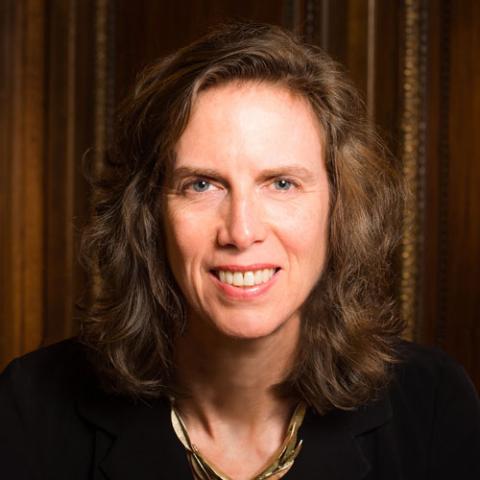A new report released today by the Commonwealth Fund finds that in 2012 an estimated 84 million people did not have health insurance for the full year or were underinsured―and thus unprotected from high out-of-pocket medical costs. Based on the Fund’s 2012 Biennial Health Insurance Survey, the analysis also found that millions of U.S. adults are struggling to pay medical bills and avoiding timely health care for financial reasons.
For the first time, the Commonwealth Fund supplemented its national survey results with state-specific data for the nation’s four largest states: California, Florida, New York, and Texas. Let’s examine how residents in these states fared in 2012, compared with the national average, on key measures of insurance coverage and affordability of care.

Insurance coverage. Nearly half (46%) of adults ages 19 to 64 nationwide either had been uninsured for a time last year or were underinsured. In Florida and Texas, more than half (53% and 54%) of adults were either uninsured during the year or underinsured (Exhibit 1). Adults in these states were at greater risk of being uninsured or inadequately insured than California and New York adults (42% and 43%). In Texas, 40 percent of adults reported being uninsured for some time during the year, compared with 31 percent in California and New York.
Problems paying medical bills. Nationally, two of five (41%) adults, an estimated 75 million people, reported they had problems paying medical bills or were paying off medical debt over time (Exhibit 2). Nearly half (48%) of Floridians reported they had difficulty paying medical bills or were paying off accrued medical debt—the highest rate across the four states. This was 14 percentage points higher than the share of adults reporting these problems in California, where 34 percent had medical bill problems or debt―the lowest rate reported among these four states.
Cost-related problems getting needed health care. Cost is a substantial obstacle to Americans’ ability to secure timely health care. In the survey, two of five (43%) adults, or 80 million people, said they had not filled a prescription or pursued needed care because the cost of doing so was too high. As with medical bills or debt, Florida stood out for having the highest rates of forgoing care because of the cost, with fully half (51%) of adult residents saying they had not gotten care for that reason. Still, nearly half of adults in both New York (48%) and Florida (47%) pointed to financial reasons for avoiding health care. And while adults in California reported these problems at slightly lower rates, they fared no better than adults nationally.

Implications for health reform. The open enrollment period for the Affordable Care Act’s new insurance coverage options begins this October in all 50 states. People without health insurance, or those who are inadequately insured, will be able to visit a health insurance marketplace to find out if they are eligible for help. This includes new subsidies to cover the cost of a private health plan sold through the marketplace, available to people earning up to about $92,000 for a family of four, as well as a newly expanded Medicaid program for people with incomes up to about $31,000 for a family of four. States can run their own insurance marketplaces or choose a federally operated marketplace. California and New York elected to operate their own, while Florida and Texas selected federal marketplaces.
Last summer’s Supreme Court decision allowed states to decide whether they want to participate in the law’s Medicaid expansion, which is 100 percent federally financed in most states through 2016. So far, 20 states and the District of Columbia have announced that they will expand their programs, and at least five states are exploring alternative approaches to expanding their programs (Exhibit 3). About 25 states are either undecided or have decided not to participate in the expansion.

Of the four states in the survey, California and New York elected to expand their Medicaid programs. Florida’s governor also decided to participate, though he met resistance from some state lawmakers. Texas’s governor declined to participate.
The consequences of state decisions to participate in the Medicaid expansion are significant. Whereas the federal government will operate insurance marketplaces in states that have chosen not to run their own, there is no full replacement program for residents of states that do not participate in the Medicaid expansion, since it was assumed when the law was written that all states would join. Thus, most of the poorest residents in states that do not expand Medicaid—those with incomes under $23,000 for a family of four—will continue to lack affordable insurance options.







